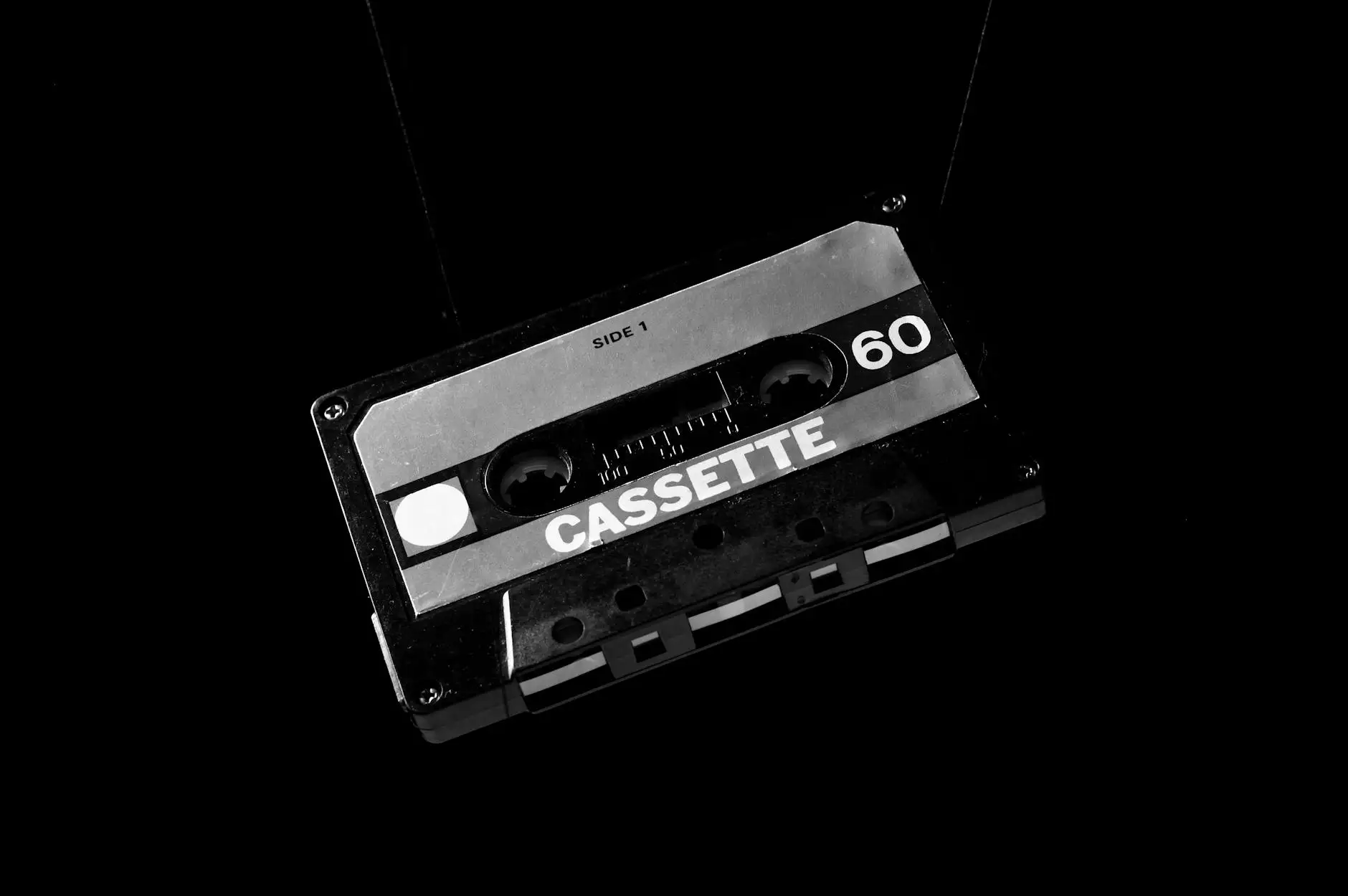RFID Hotel Key Card Manufacturing for Independent Hotels

In the realm of modern hospitality, RFID (Radio-Frequency Identification) hotel key card manufacturing for independent hotels represents a significant leap forward in both guest service and operational efficiency. As independent hoteliers strive to offer a unique experience while managing costs and enhancing security, adopting cutting-edge technology like RFID cards becomes imperative. This article delves into the multifaceted benefits of RFID key cards, their manufacturing processes, and why they are ideal for independent hotels.
The Evolution of Hotel Key Cards
Traditional metal keys and magnetic stripe cards posed numerous challenges for hotels and their guests. With advancements in technology, RFID hotel key cards emerged as a safer, more efficient, and user-friendly alternative. Here, we explore the historical context and technological evolution leading to the adoption of RFID systems:
- Early Key Systems: Initially, hotels relied on traditional metal keys, which were prone to loss, theft, and duplication.
- Magnetic Stripe Cards: Introduced in the late 1980s, these cards improved security but still left room for issues like demagnetization and limited lifespan.
- RFID Technology: Emerging in the late 1990s, RFID technology revolutionized hotel management with enhanced security, durability, and guest convenience.
Understanding RFID Technology
RFID technology consists of two primary components: the RFID tag embedded in the card and the RFID reader installed in the door lock. Let’s break down how this technology works:
- RFID Tag: Each key card contains a small chip and an antenna. When approached near a reader, the card emits a radio signal.
- RFID Reader: The reader captures the signal, authenticates the card and grants or denies access based on the information transmitted.
This technology ensures that each key card is unique and difficult to replicate, significantly enhancing security compared to its predecessors.
Benefits of RFID Hotel Key Cards for Independent Hotels
Independent hotels can harness the benefits of RFID hotel key cards to improve operational efficiency, guest satisfaction, and security. Below are some key advantages:
1. Enhanced Security
One of the foremost advantages of RFID hotel key card manufacturing is improved security. RFID cards cannot be easily duplicated like traditional keys. Moreover, in case a card is lost or stolen, the hotel can quickly deactivate it, thus safeguarding guest rooms and reducing the risk of unauthorized access.
2. Convenience for Guests
Guests today expect a seamless experience. RFID key cards allow for keyless entry where guests can use their smartphones or credit cards, provided they have the RFID chip embedded. This not only reduces the potential for lost cards but also streamlines the check-in process, contributing to higher guest satisfaction. The ease of access extends to hotel amenities, allowing guests to use the same card for unlocking their room, accessing the gym, or entering the pool area.
3. Operational Efficiency
RFID systems can automate several aspects of hotel operations. With real-time data transmission, hotels can monitor room occupancy, effectively manage housekeeping schedules, and quickly address maintenance issues. This level of operational insight allows independent hotels to optimize staffing and improve resource allocation.
4. Customization and Branding
RFID hotel key cards can be customized to reflect the branding of independent hotels, offering a personal touch that enhances the guest experience. Using vibrant colors, designs, and logos, hotels can create a unique product that resonates with their brand identity and enhances marketing efforts.
Manufacturing Process of RFID Hotel Key Cards
The RFID hotel key card manufacturing process involves several steps to ensure quality and functionality. Here’s a breakdown of how these key cards are produced:
1. Design and Prototyping
The first step in the manufacturing process involves designing the card layout, including size, shape, graphics, and embedded RFID chip. Prototyping helps in visualizing the final product and making necessary adjustments before mass production.
2. Material Selection
RFID cards are typically made from durable and flexible materials like PVC (Polyvinyl Chloride). This ensures that the cards are lightweight and withstand regular use. Some manufacturers may also opt for biodegradable or eco-friendly materials as sustainability becomes an integral consideration.
3. RFID Chip Integration
Once the design has been finalized, the next step is embedding the RFID chip and antenna within the card. This is typically done using a laminating process that ensures the chip remains safe and functional over time.
4. Printing and Finishing
After integrating the RFID components, the cards undergo printing, where designs, logos, and text are added. Advanced printing technologies such as UV printing or thermal transfer printing are utilized to ensure high-quality graphics that resist fading. Lastly, a finishing process adds protective coatings to enhance durability.
5. Quality Control
Quality control is a crucial step where each batch of RFID cards is tested for functionality. This includes ensuring that the RFID chip works effectively with readers and that the printed designs meet quality standards. Issues are identified and rectified before the cards are shipped to clients.
Implementing RFID Systems in Independent Hotels
Transitioning to RFID hotel key card systems can seem daunting for independent hotels, but with a strategic approach, it can be seamless and beneficial. Here are some key steps in implementation:
1. Assessing Hotel Needs
Hotels need to evaluate their specific requirements, including the number of rooms, expected guest volume, and existing security measures. This assists in determining the scale and complexity of the RFID system to be deployed.
2. Selecting the Right Technology Partner
Choosing a reliable RFID key card manufacturer is crucial. Partnering with a seasoned provider like rfidtj.com ensures that facilities receive high-quality, reliable products and effective support during implementation.
3. Training Staff
Staff training is essential for successful implementation. Employees should understand how to operate the RFID systems and assist guests with any technology-related queries.
4. Marketing the New System
Highlighting the advantages of RFID systems can enhance marketing efforts. Use newsletters, websites, and social media channels to inform guests about the convenience and security of RFID key cards to encourage bookings.
Conclusion
In conclusion, the adoption of RFID hotel key card manufacturing for independent hotels represents a pivotal advancement in delivering exceptional guest experiences while fostering operational efficiencies. By integrating RFID technology, independent hotels can enhance security, improve guest satisfaction, and position themselves as forward-thinking establishments in today's competitive hospitality landscape. The transition might require initial investment and a strategic approach, but the long-term benefits significantly outweigh the costs. Embracing this innovative technology allows independent hotels to focus on what truly matters: providing remarkable and memorable experiences for their guests.









